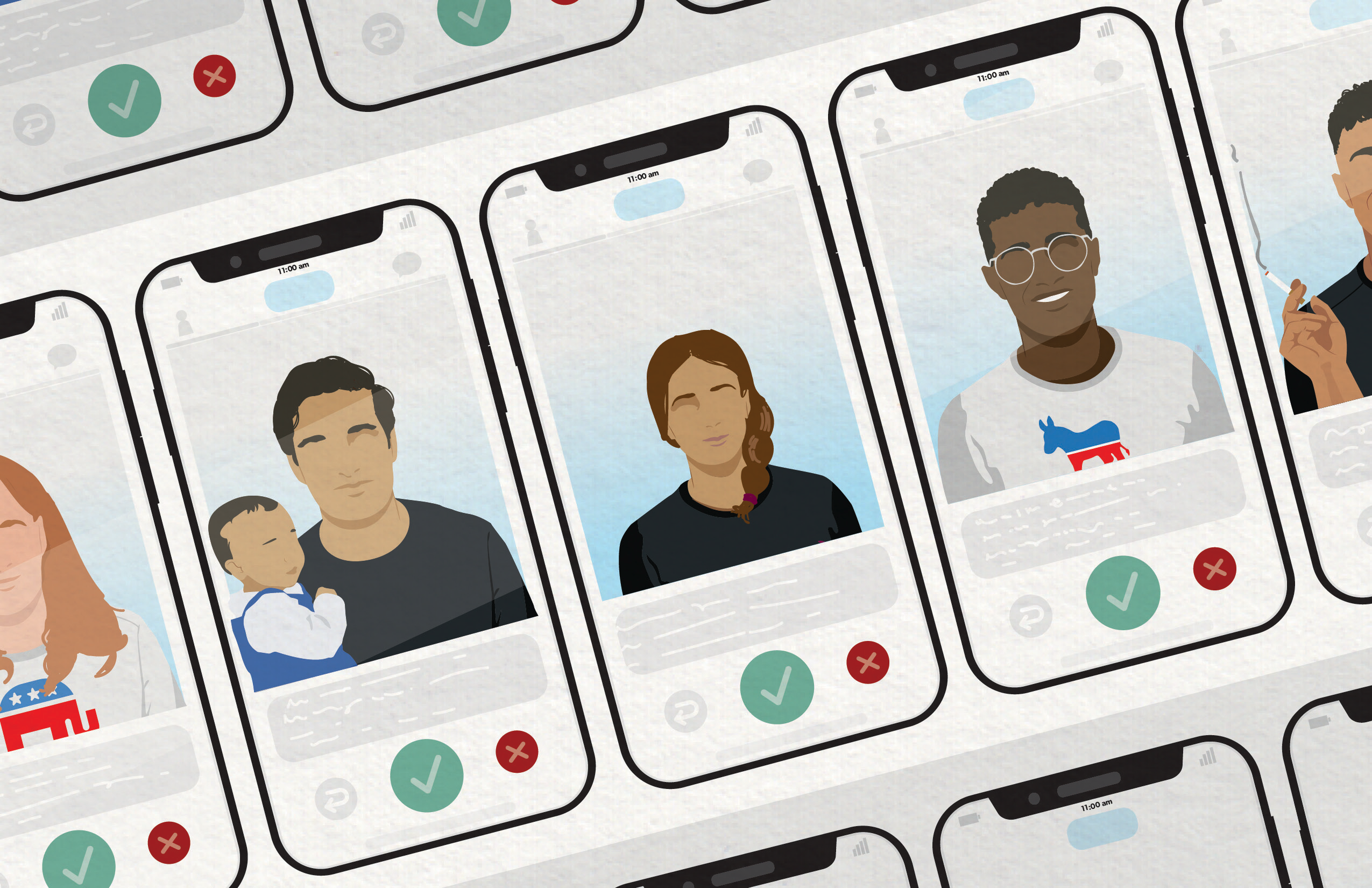Survey Report January 29, 2025
Romantic Recession: How Politics, Pessimism, and Anxiety Shape American Courtship

A new report by the Survey Center on American life finds that safety concerns and declining trust are reshaping modern dating, leaving many singles feeling pessimistic about their prospects. Sharp gender divides in attitudes toward dating apps, trust, and relationships reveal how these challenges are redefining the search for connection. Continue Reading →
Survey report September 28, 2023
America’s Crisis of Confidence: Rising Mistrust, Conspiracies, and Vaccine Hesitancy After COVID-19

America is experiencing a crosscutting crisis of expertise and scientific distrust accelerated by the COVID-19 pandemic that poses significant challenges to democratic debate and public decision-making Continue Reading →
Survey report September 14, 2023
The Social Workplace: Social Capital, Human Dignity, and Work in America, Volume II

The Social Workplace, Volume II examines Americans’ expectations and experiences surrounding work, the workplace, and key job-related priorities such as pay and interpersonal connections. Continue Reading →
Women in the professional world are thriving and have been pulling ahead of men for years. Confidence in job performance however, remains lower than men of their same age. Continue Reading →
Survey report February 9, 2023
From Swiping to Sexting: The Enduring Gender Divide in American Dating and Relationships

The January 2023 American Perspectives Survey sheds some light on dating preferences, experiences, and perspectives. The national survey of more than 5,000 adults age 18 and older, including nearly 800 single adults, finds that Americans have strong dating preferences when it comes to living at home, being unemployed, and smoking. Continue Reading →
Commentary December 16, 2022
Women are More Likely to Make Friends at Work than Men. Here’s Why that Matters

Research shows that the more friends we have, the less likely we are to be depressed or anxious, and work friendships boost productivity and worker retention Continue Reading →
As the dust settles after the 2022 midterm election, researchers are now able to look at how the Dobbs decision impacted voters across the country. While significant attention has been given to the abortion views of men and women of various age groups, less notice has been paid to the similarities and differences of racial and ethnic groups. Continue Reading →
New data suggests gender and education are the difference between liking and loving your job. But there’s a price to be paid. Continue Reading →
Survey report October 25, 2022
The Social Workplace: Social Capital, Human Dignity, and Work in America

Over the past two decades, American social and civic life has been on an undeniable downward trajectory. New research finds that the workplace remains an increasingly important generator of social capital in the wake of this civic contraction. Continue Reading →
Most Americans are willing to find common ground on abortion. Continue Reading →











